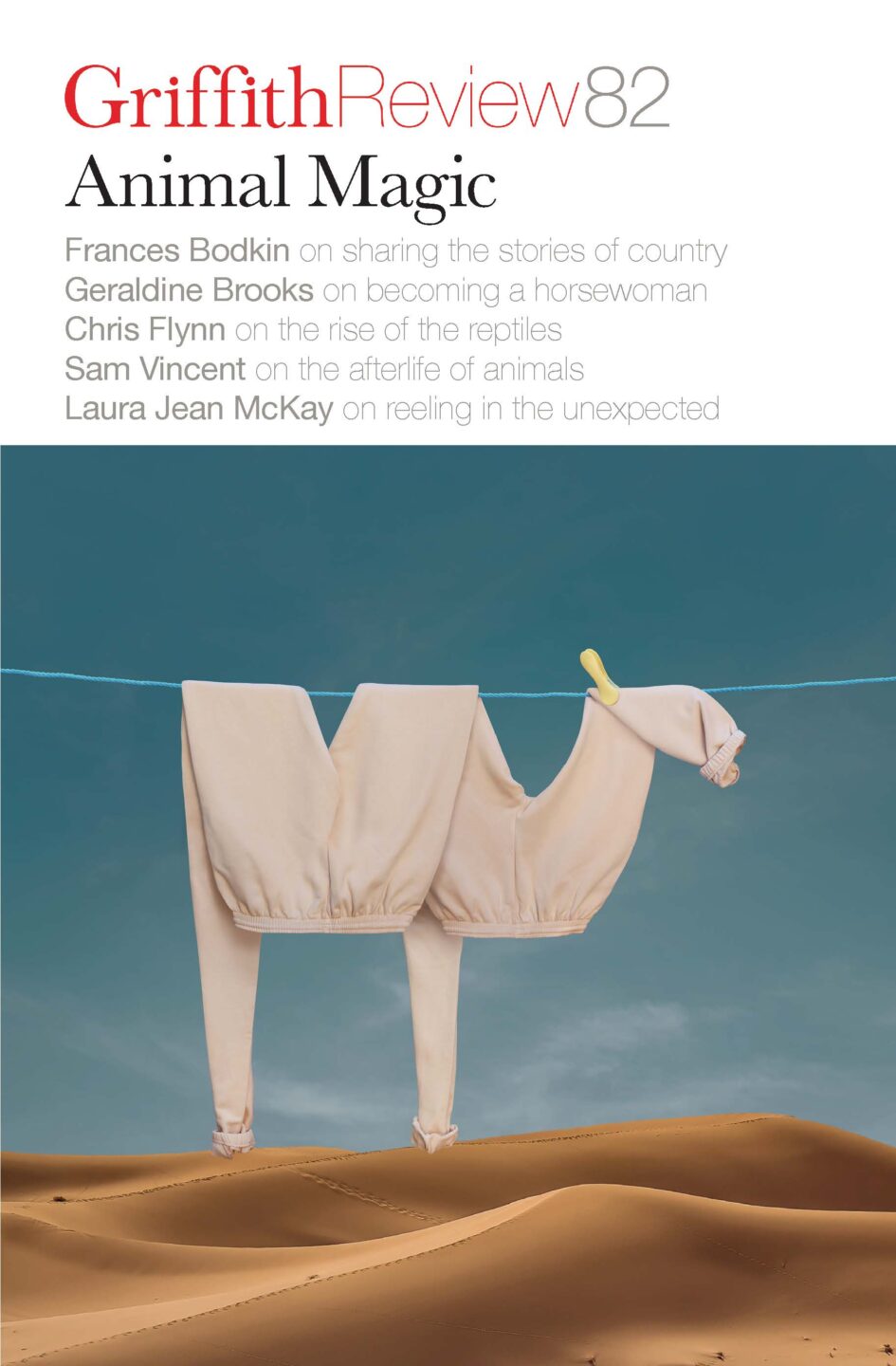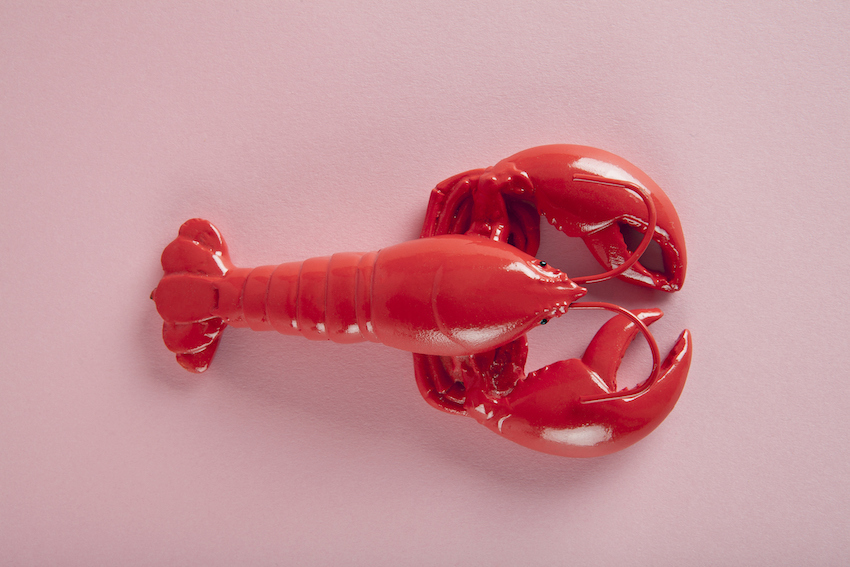Featured in

- Published 20231107
- ISBN: 978-1-922212-89-4
- Extent: 208pp
- Paperback, ePub, PDF, Kindle compatible


Already a subscriber? Sign in here
If you are an educator or student wishing to access content for study purposes please contact us at griffithreview@griffith.edu.au
Share article
More from author

Fire and finitude
Nobody any more seriously doubts that cigarettes are injurious… What is not well understood by those opposed to smoking is that the danger of cigarettes is not antithetical or even peripheral to their appeal – it is central to it.
More from this edition

Before I forget again
Poetry I am a ceramic horse in kintsugi fields. Shards shred my tongue to gold rivers. Cracked and crazed – from fire gallops beast. Memory slips lapis lazuli. I break curses, gather spells. Nudge fresh letters in water troughs – watch words bob – shiny new apples to crunch.

Into the void
Non-fictionI think with a little fear, as I often do, of the many other (and much larger) creatures whose natural territory this is, and scan the surrounding water for any dark, fast-moving shadows. But soon I relax and settle into the rhythm of my freestyle stroke. Breathe. Pull. Pull. Pull. Breathe. Pull. Pull. Pull. Breathe.

felix and jango
Poetry two black cats patrol our street felix and jango I can’t tell them apart when I see one of them walking past I say, ‘hey felix or jango’ they...